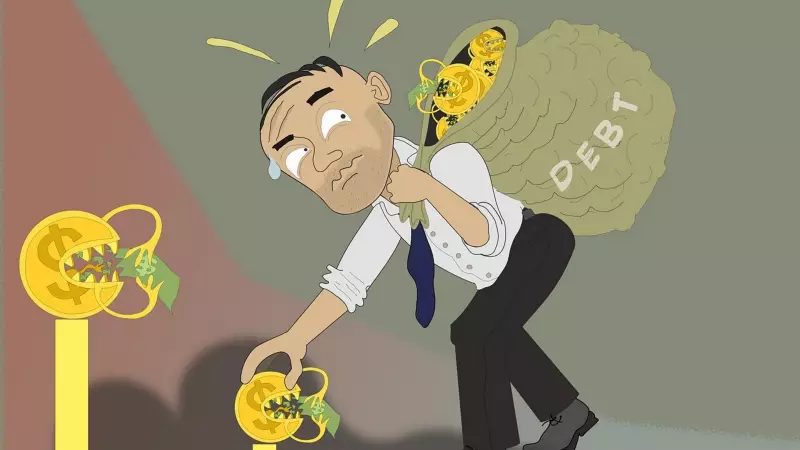
The festival of lights brings not just diyas and celebrations but also a significant surge in consumer spending across India. However, financial experts are sounding the alarm about the potential debt trap hidden behind the glittering facade of festive offers and easy EMI schemes.
The Allure of Festive Spending
As Diwali approaches, markets across the country witness a remarkable uptick in purchasing activity. From new electronics and smartphones to home appliances and jewelry, consumers are increasingly turning to credit cards to fund their festive shopping spree. The convenience of instant gratification, coupled with attractive "no-cost EMI" offers, makes plastic money particularly appealing during this season.
The Hidden Dangers of Easy Credit
While credit cards offer immediate purchasing power, they come with significant risks that many consumers overlook:
- High-interest rates: Credit card debts typically carry interest rates between 36-48% annually
- Minimum payment trap: Paying only the minimum amount due can extend repayment periods indefinitely
- Compound interest: Unpaid balances accumulate interest on interest, rapidly increasing the total debt
- Impact on credit score: High credit utilization can negatively affect your creditworthiness
Understanding the EMI Illusion
Many shoppers fall for the "no-cost EMI" marketing strategy without understanding the fine print. While these offers might seem cost-free, they often involve hidden charges or require specific conditions to be met. Some retailers may even increase the product price to accommodate the EMI cost, making the "no-cost" claim misleading.
Smart Financial Strategies for Festive Season
Financial planners recommend several approaches to avoid post-festival financial stress:
- Create a budget: Determine your spending limit before you start shopping
- Use savings instead of credit: Ideally, use accumulated savings rather than creating new debt
- Read the fine print: Understand all terms and conditions before opting for EMI schemes
- Plan repayments: If using credit, have a clear repayment strategy in place
- Prioritize needs over wants: Focus on essential purchases rather than impulsive buying
The Long-term Impact of Festive Debt
What begins as manageable festive spending can quickly spiral into long-term financial burden. Many consumers find themselves still paying for last year's Diwali purchases when the next festival season arrives, creating a cycle of perpetual debt that hampers their ability to save and invest for important financial goals.
Financial experts emphasize that the true spirit of Diwali lies in celebration and togetherness, not in excessive material consumption that could compromise financial stability. By adopting responsible spending habits, consumers can enjoy the festivities without the lingering stress of debt repayment.





